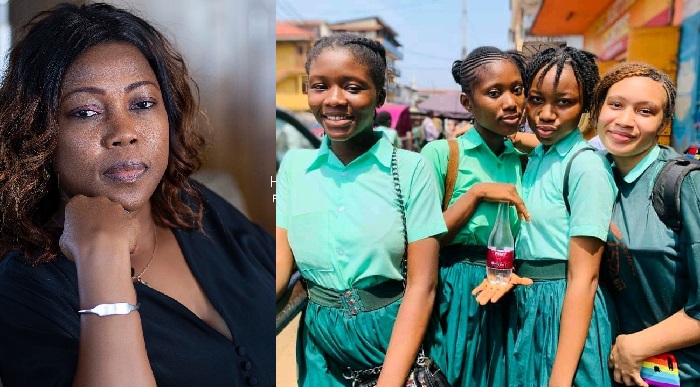A report by Rainbo Initiative Sierra Leone has revealed a 7.2 percent drop in the number of sexual assaults cases accounting for 2,966 (Two thousand nine hundred and sixty-six) in 2021 from 3,339 (three thousand three hundred and thirty-nine) cases in 2020 across their five their centres. With a difference of 373 (three hundred and seventy-three) cases.
“The scale of sexual assault has decreased by 7.2 percent’’, ‘’however this does not in any way suggest that there is a change in behavior of the people,’’ the report reads.
It stated that the awareness of sexual abuse and violence in communities due to the ongoing awareness in communities by various partners, including the media, CSOs, and the Government, and the introduction of the Sexual Offences Model Court for the speedy trials of sexual penetration cases, are among factors responsible for the decline.
According to the report presented to journalists at a training organized by the Rainbo Initiative 3269 Gender-Based Violence (SGVB) survivors accounting for 99.3 % are women and 23 men (0.7%).
Giving an overview of the training and projects of the Rainbo Initiative, the GBV Coordinator Rebecca J. Kallah pointed out that Rainbo Initiative aims at working with media houses to develop and air sensitization messages on SGBV to empower communities on how to end sexual abuse and violence.
It is from this backdrop that the training was conducted with a focus to develop the capacity of journalists on how to report SGBV issues with guidelines and precautions so they do not inflict more pain on the survivors. She added that with funds from Irish Aid through the Embassy of Ireland in Sierra Leone, Rainbo is implementing a project to improve the availability of Quality and Free Care services for survivors of GBV in the country.
In his presentation, the National Coordinator of the Media Reform Coordinating Group (MRCG), Dr. Francis Sowa quoted sections of the Independent Media Commission (IMC) Code of Practice that frown at journalists who identify victims of rape in the media, noting that the victim will suffer double consequences. ‘’While you may think that you have done well in your reporting by identifying a rape victim, also note that you have as well damaged the future of that victim,’’ he pointed out.
Dr. Sowa emphasized that the child must not in any way be identified in any report on GBV. He added that the naming of the perpetrator will only be applicable if the child victim was not be identified, noting that if the naming of the perpetrator will identify the victim, then it is against the IMC code of practice and is punishable by law.
‘’Both the IMC and SLAJ Code of Practice frown at journalists identifying victims of rape while reporting. A journalist that reports and identifies a victim of GBV is on an offence,’’ he emphasized.
The Executive President of the Sierra Leone Association of Women in Journalism, Millicent Kargbo said that most female journalists have become gender advocates and influencers in their communities as other women look up to them to raise awareness on their issues and push for solutions to those issues. She said: ‘’because they play this critical role, women in journalism should have the requisite skills to report gender issues, especially gender-based violence. This is because women journalists may tend to include their views or opinions especially if they may have had similar experiences.’’
She said the profession teaches women journalists to be fair, accurate, and timely while reporting GBV related issues.



 Post a comment
Post a comment








